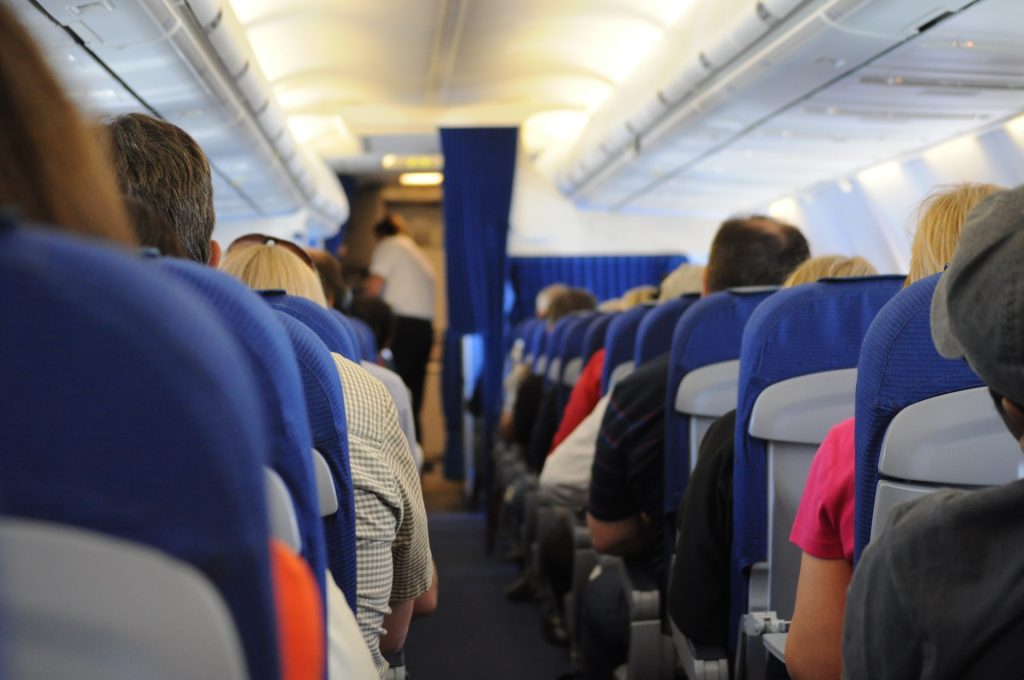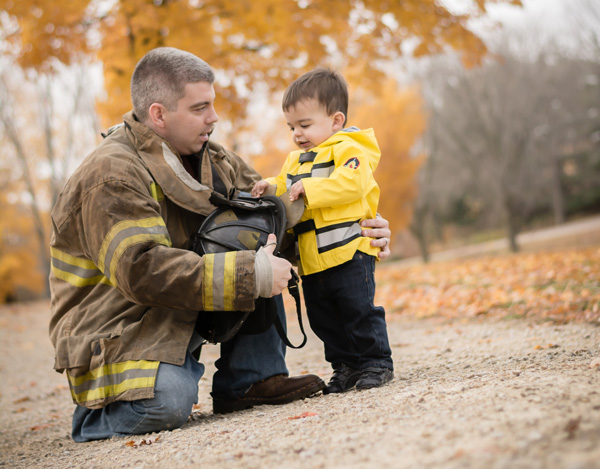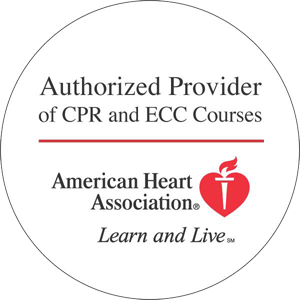HeartCert is excited to announce the opening of our newest location in downtown Minneapolis, Minnesota. The address of our new facility is 1201 W. River Parkway, Minneapolis, MN 55419. Click here for directions, and contact us with any questions.
About the HeartCert Minneapolis Training Center
The new HeartCert CPR training center is conveniently located in the Twin Cities American Red Cross headquarters. This location also serves as a blood and platelet donation center. Just off 35W and near major downtown landmarks such as U.S. Bank Stadium and Guthrie Theater, it is accessible to residents throughout the Twin Cities metro area.
Healthcare Training Courses Offered at HeartCert Minneapolis
In addition to our standard CPR, First Aid and AED courses, we offer a wide variety of trainings at our new location. These include: BLS, ACLS and PALS; Certified Nursing Assistant Courses, IV and EKG training; 1 on 1 flexible CPR training; and CPR instructor courses.
Not near a HeartCert location? Sign up for a virtual CPR certification course!
Our skilled and experienced CPR instructors are also available for on-site CPR training courses. If you have a group of employees or team members who want or need to be certified in CPR, first aid, or AED use, contact HeartCert to schedule your on-site training today. Discounted class vouchers are available for companies where employees need training at different times.
HeartCert CPR is your trusted training partner for CPR, ACLS, PALS, EMR, First Aid, CNA, IV, EKG and more, in Minnesota and throughout the United States.
HeartCert CPR courses include CPR/AED/First Aid, Basic Life Support (BLS), Advanced Cardiac Life Support (ACLS), Pediatric Advanced Life Support (PALS), Certified Nursing Assistant training, IV training, EKG training, babysitter basics and more. Courses and certifications from both the American Heart Association and American Red Cross are available.
We are now offering virtual CPR courses and certifications, as well as safe in-person courses at all locations and our headquarters, HeartCert CPR Eagan.








